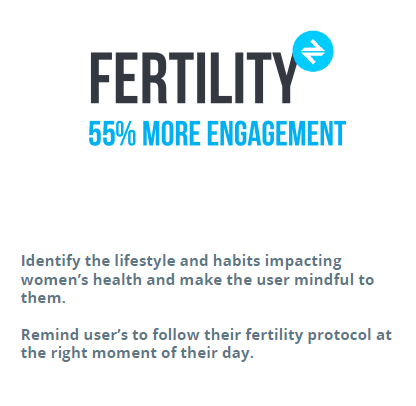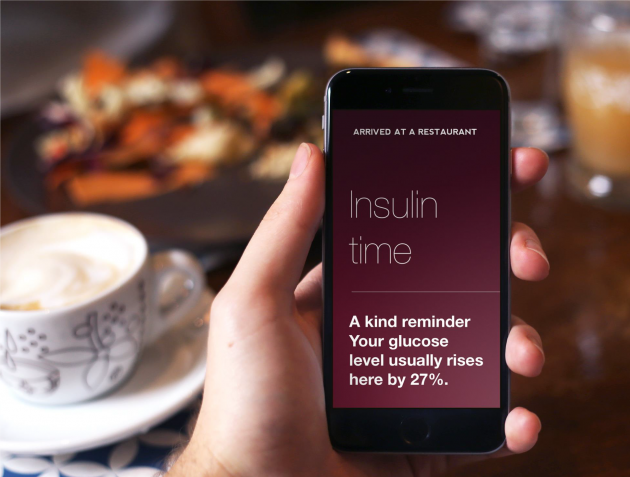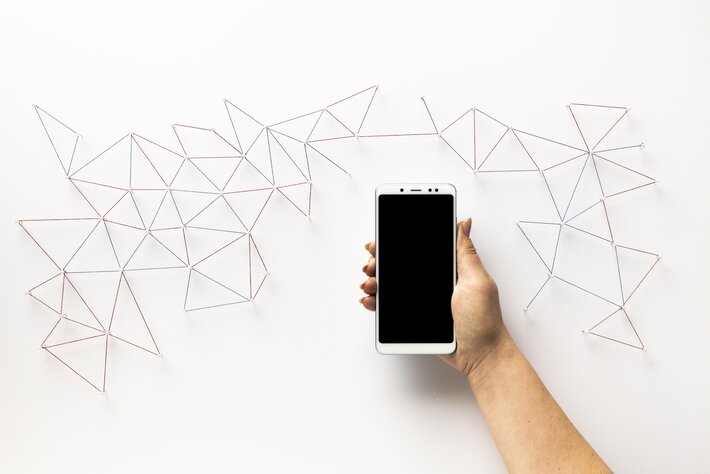Analysts predict an imminent boom in demand for smart homes, yet the mainstream media still scoffs at pitiful consumer take-up. The truth may lie somewhere in between, but it seems there are too many services that users either don’t value or struggle to install.
Help may be at hand, says Jeremy Cowan, as artificial intelligence (AI) in the connected home could soon open your door to smart, personalised services – not only to help you in the home but in the wider world.
In July a report from analysts MarketsAndMarkets (based on 2016 research) predicted, “the global smart home market is expected to be valued at US$137.91 billion by 2023, growing at a CAGR (compound annual growth rate) of 13.61% between 2017 and 2023.”

ABI Research’s Jonathan Collins was similarly bullish recently when commenting on news that Vivint has just begun selling its smart home products and services in 400 U.S. Best Buy stores. He said, “The deal represents a first for both companies: Vivint has built its business through its own direct customer sales operations while Best Buy’s smart home offerings have previously been limited to offering a range of off-the-shelf devices only. The move will draw the interest of smart home providers and those still on the sidelines alike.”
(Also see: Smart home market stirs, but is it fed by Google partners, Apple’s catch-up or Comcast desperation?)
Dumb homes are getting smarter
Clearly these and other analysts believe it’s only a matter of time until all homes are smart. Of course, cheaper connectivity and processing power are integrating formerly standalone household devices, but if people don’t want or can’t install the services the market will still under-perform.
Component and device manufacturers, technology, software and service providers and distributors have long offered lighting control; security & access control; heating, ventilation & air-conditioning (HVAC); connected entertainment; smart kitchens, and home appliances.
Today, however, AI means you can add new services in personal healthcare, fitness & wellness, connected cars, and even fertility control. Homes are getting ‘smarter’ as they monitor how we use our devices, see patterns of behaviour, create profiles for our lifestyles, and employ machine learning to anticipate our needs. 
No longer just the ‘usual suspects’
You already know many of the players in smart home partner ecosystems. Companies like Siemens AG (Germany), United Technologies Corp. and General Electric Co. (US), Schneider Electric (France), Ingersoll-Rand PLC (Ireland), ABB Ltd. (Switzerland), and Samsung Electronics Co., Ltd. (South Korea).

Watch out now for a name you may not know, California-based Neura, which has created a platform that uses AI to personalise connected devices. “AI-as-a-Service is revolutionising how products interact with people,” says chief operations officer, Amit Hammer. Today, Neura’s solution transforms raw sensor data from consumers’ phones and connected devices into a pattern of behaviour.
For example, a Neura-enabled home security system knows to arm the system without motion detection when the family falls asleep, but with motion detection when the family is at work and school.
It builds a profile of each individual, until it can predict the experience that matches the user’s specific needs at that moment. If a user switches from a programmed or app-activated thermostat to an AI-enhanced thermostat it ‘knows’ specific family members are on their way home, and turns on the heating or air conditioning. If everyone leaves the house, AI-enhanced lighting knows not to turn on the lights, or if all the household’s occupants drive off to work, an AI-enhanced lock knows everyone is out of the house and to lock the doors.
How did Neura start this development? “A few years ago,” says Hammer, “our CTO and co-founder, Triinu Magi felt bad. She went to sleep on Friday and woke up at noon on Sunday.” It turned out she was diabetic and, as a data scientist, it’s no surprise she began to monitor her life and its impact on her health.”
Fast forward several years and the company’s AI-supported digital health apps have increased medication adherence by up to 88%. AI enables apps and connected devices to learn about each person in the home, creating a profile for their eating, sleeping, travelling, exercise, entry and exit. The AI engine can ‘personalise’ other connected devices in the smart home, for example with medication reminders.

AI can support all kinds of connected devices – home intelligence, energy efficiency, entertainment, wellness, access control, home safety, home comfort, daily tasks, and connectivity. The AI for the Smart Home solution uses its AI engine and machine learning capabilities, which are accessed via its APIs.
Will demand rise as installation support grows?
In some markets smart energy metering is still the limit of smart home installation. In the UK, The Daily Telegraph ran a headline on August 26 that said, “Public dislike of smart meters threatens £11bn roll-out”. On closer inspection, only two of the six large energy firms had disclosed figures for smart meter take-up. SSE said that 43% of those to whom it offered a meter had so far accepted. The report made much of the fact that “just 19%” of Scottish Power’s 2.6 million customers had accepted a meter, before conceding that the email offers were easier to ignore than phone calls.
Perhaps of greater concern is the ‘smart home skills gap’. In a blog to be published on www.IoT-Now.com next Monday (Sept 5, 2017) Thomas Kruse of reichelt electronic argues that the biggest barrier to deploying smart home technology is simply not knowing how to install it. Over half (55%) of homeowners said they would need professional help to install smart tech.
Comment on this article below or via Twitter: @IoTNow OR @jcIoTnow










